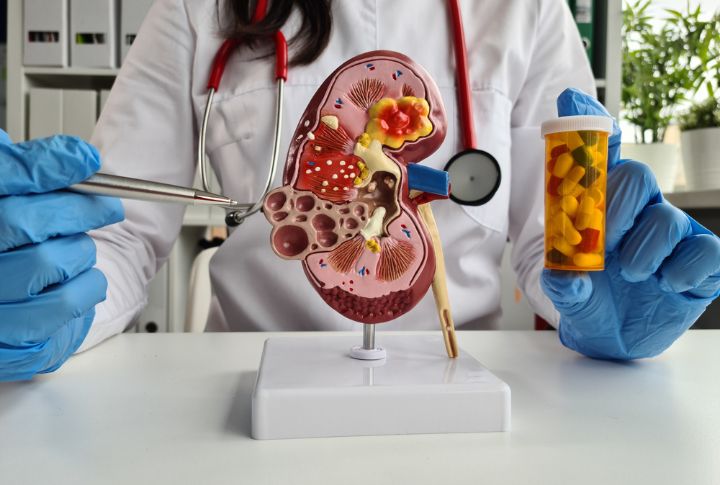
The kidneys are the unsung heroes of your body, filtering waste and excess fluids. But what if the medications meant to heal harmed these vital organs? In this eye-opening article, we’ll explore common drugs lurking in your medicine cabinet that could silently sabotage your kidney health.
Popular Painkillers: NSAIDs on the Naughty List
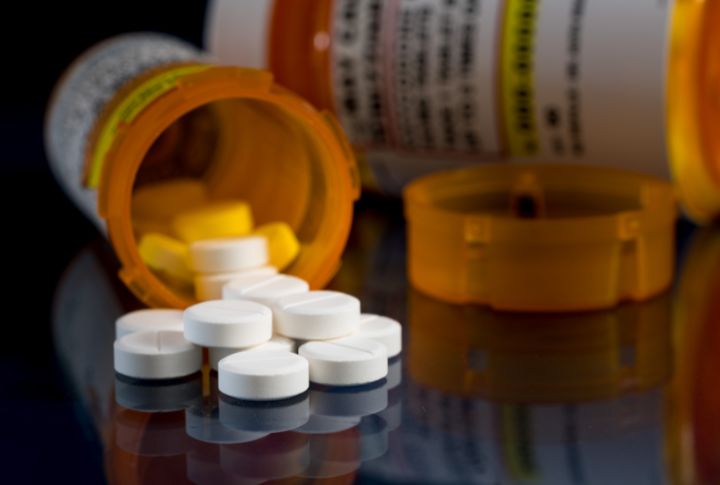
In addition to causing kidney damage, nonsteroidal anti-inflammatory drugs (NSAIDs) like ibuprofen and naproxen decrease blood flow, leading to nephropathy, especially with long-term or high-dose use.
Antibiotics: Lifesavers, But Not Always Kidney-Friendly

Antibiotics are essential for treating bacterial infections, but some classes, specifically aminoglycosides, can harm renal organs if not used carefully. They may worsen existing kidney disease, especially in high doses or prolonged use.
Diabetes Medications: A Balancing Act
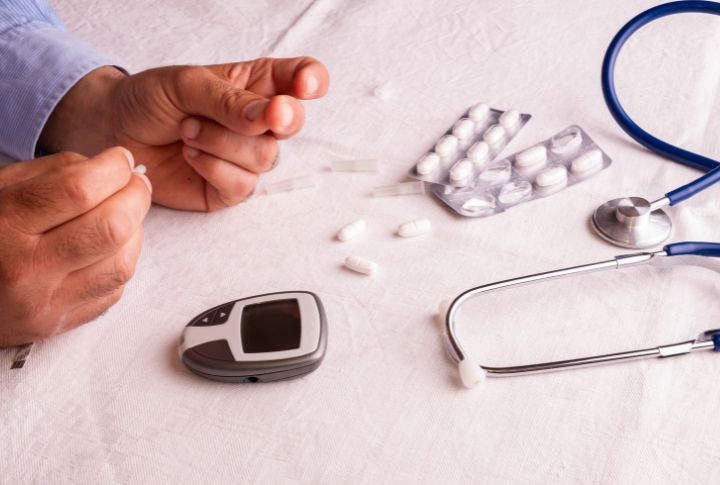
Metformin and sodium-glucose co-transporter-2 (SGLT2) inhibitors might potentially affect the body’s detox system. Close monitoring is crucial, especially for those at high risk for kidney problems.
Blood Pressure Medications: A Vital Yet Cautious Approach
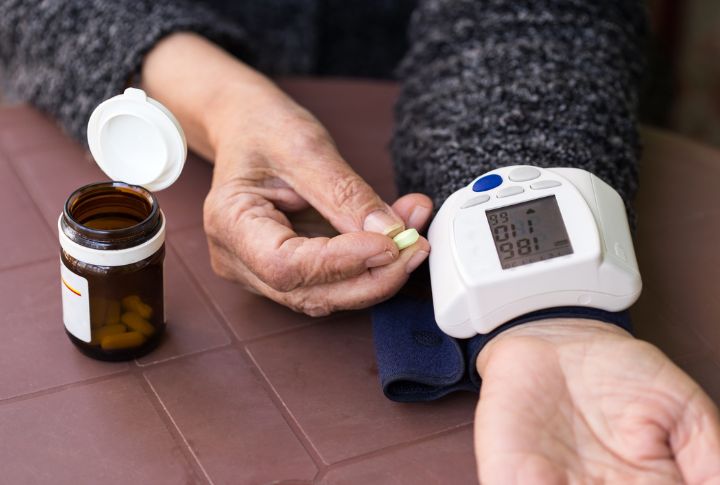
Several hypertension medications have the capacity to protect kidney function in some cases. However, they could also exacerbate renal illness if not appropriately managed, particularly in dehydrated or elderly patients.
Chemotherapy Drugs: A Necessary Risk

Cisplatin, as well as methotrexate, are examples of chemotherapy drugs that could cause nephrotoxicity (kidney damage). Comprehensive surveillance and appropriate hydration are essential to minimize the risk of renal disease during treatment.
Contrast Dyes: A Risky Reveal

In patients with pre-existing kidney disease or other risk factors, contrast dyes needed for specific medical imaging procedures, such as CT scans and angiograms, may temporarily impair kidney function. Proper precautions and hydration are critical.
Herbal Supplements: Not Always Harmless

Herbal supplements could sometimes contain nephrotoxic compounds that can damage the renal system. Make sure you consult your healthcare provider before taking any supplements.
Recreational Drugs: A Dangerous Gamble

Illicit drugs like cocaine, heroin, and methamphetamines can cause severe renal impairment, including acute kidney injury and chronic kidney disease. These substances should be avoided at all costs.
Diuretics: Water Works Wonders, But Too Much Can Flood

Diuretics, or water pills, help manage high blood pressure and fluid buildup. However, overdoing it with diuretics can dehydrate you and disrupt your electrolyte balance, stressing your kidneys. Remember, moderation is key!
Proton Pump Inhibitors (PPIs): Taming Tummy Troubles, But Maybe Not Kind to Kidneys

If you need long-term relief from heartburn and ulcers, ask your doctor about alternative treatments. PPIs are generally safe, but extended use might be linked to chronic kidney disorders.
Beware of the Supplement Trap: Not All Are Created Equal
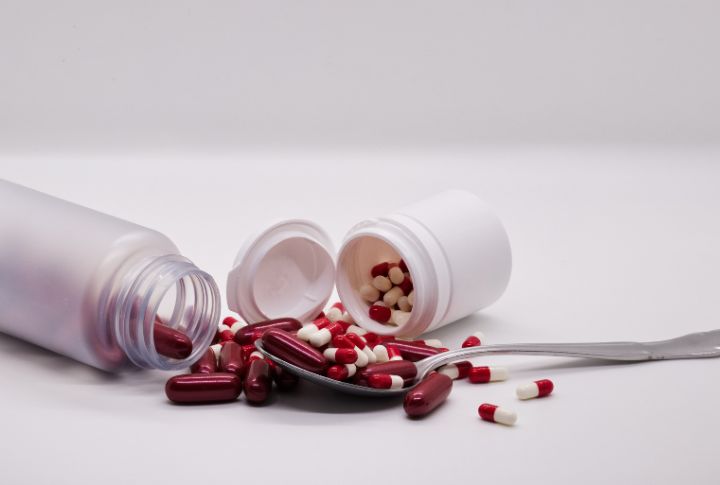
Some herbal supplements and vitamins can be surprisingly harsh on your kidneys, especially at high doses or in combination with other medications. Always consult your doctor before taking supplements to ensure they’re safe for your nephritic organ.
The Hidden Culprit: Cold and Flu Remedies

Those decongestants and pain relievers you pop during a cold or flu can be problematic. The ingredients in these medications could put a strain on your natural detox system, especially if you already have kidney problems.
Antifungal Medications: Fungal Foes
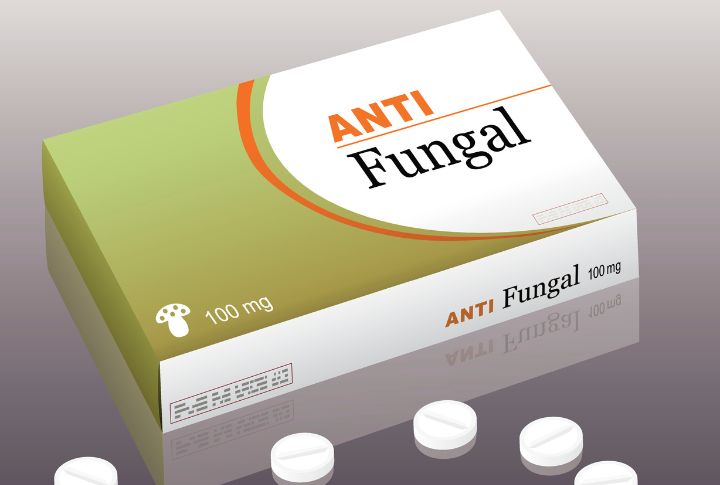
Antifungal drugs may cause acute nephrological ailment or deteriorate existing disease due to their nephrotoxic effects. Some of these are amphotericin B and certain azoles (e.g., itraconazole, ketoconazole).
Anticonvulsants: Tremor Tamers, Renal Troublemakers
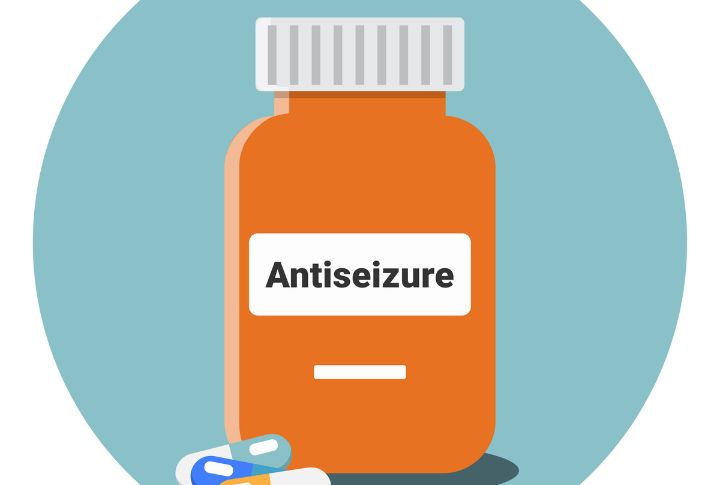
Taking anticonvulsant medications to manage seizures, especially valproic acid or phenytoin, increases the risk of kidney damage. These medications also carry notable risks of chronic renal syndrome, especially with long-term usage or elevated dose levels.
Mixing Medications: A Risky Cocktail

Drug interactions and cumulative effects can cause kidney damage if certain medications are taken together. Discuss all your prescribed regimens with your healthcare provider, including over-the-counter and herbal medicines.


Comments
Loading…